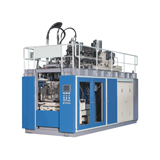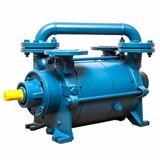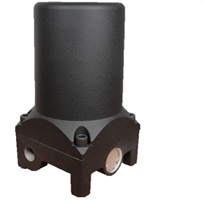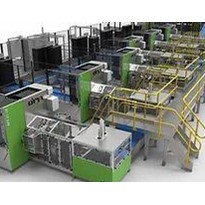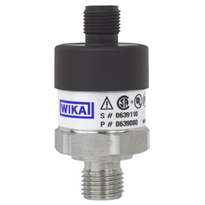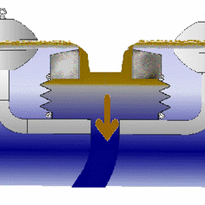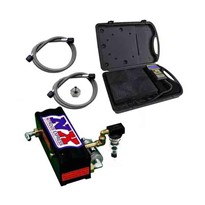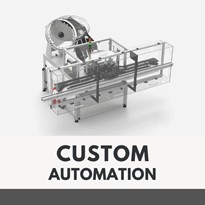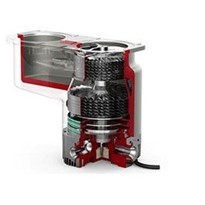Of course, this transformation of the basic business practices is making some jobs obsolete while creating new positions that were never needed before. As we move towards even greater automation, it’s fair to wonder how the Australian job market look will like in 2028 and which skills will be necessary for continued success.
Here are some of the trends that seem very likely to continue for the next decade and determine which workers can enjoy greater job security in the future:
Education and computer skills
It’s obvious that tomorrow’s workforce will have to be able to use machines in everyday work, since digital systems are already standard in most industries. Technological progress is also reducing the need for unqualified physical labour while increasing the demand for IT-educated human resources. It might become very hard to find a well-paid job that doesn’t require at least some technological prowess, regardless of how fast the economy develops over the same period.
Efficiency over volume
Emphasis on efficient use of human resources will be even greater in an environment where execution of most tasks had been delegated to automated systems. Companies will look to keep the workforce small and capable of accomplishing multiple assignments at the same time. To control productivity, more employers will deploy performance measurement software and analyse the raw data to discover recurring patterns that can be optimized. On the other hand, employees will have better tools to complete their daily jobs and will be judged more objectively due to digital time tracking.
In-depth specialization
Greater specialization and cross-disciplinary collaboration are logical directions for individuals looking to remain in the top bracket ten years from now. Since most simple tasks can be performed better by machines, humans will have to use their intelligence for endeavours that rely on open-minded thinking and creative solutions. Top experts will always be in high demand, especially if they are proficient in more than one field and capable of improving the performance of the rest of the team.
Data-based planning and scheduling
As a side effect of automation, companies will collect huge amounts of data documenting the work process. That will allow them to create more efficient procedures and define work tasks for every employee very precisely. The amount of idle time during office hours will be minimized, along with time lost searching for critical information or looking for the right tools for the task. In other words, technology will make life easier for most workers, but it will also intensify the pace of work.
More people working freelance
With the reduced need for large number of employees present at the premises, companies are expected to rely on freelance service providers to a greater extent than today. Short-term hires represent a more economical choice for employers, offsetting the need to invest in technology. From the perspective of employees, more flexible working hours and the ability to work for multiple companies at the same time are valuable gains that will result from the current trends.





